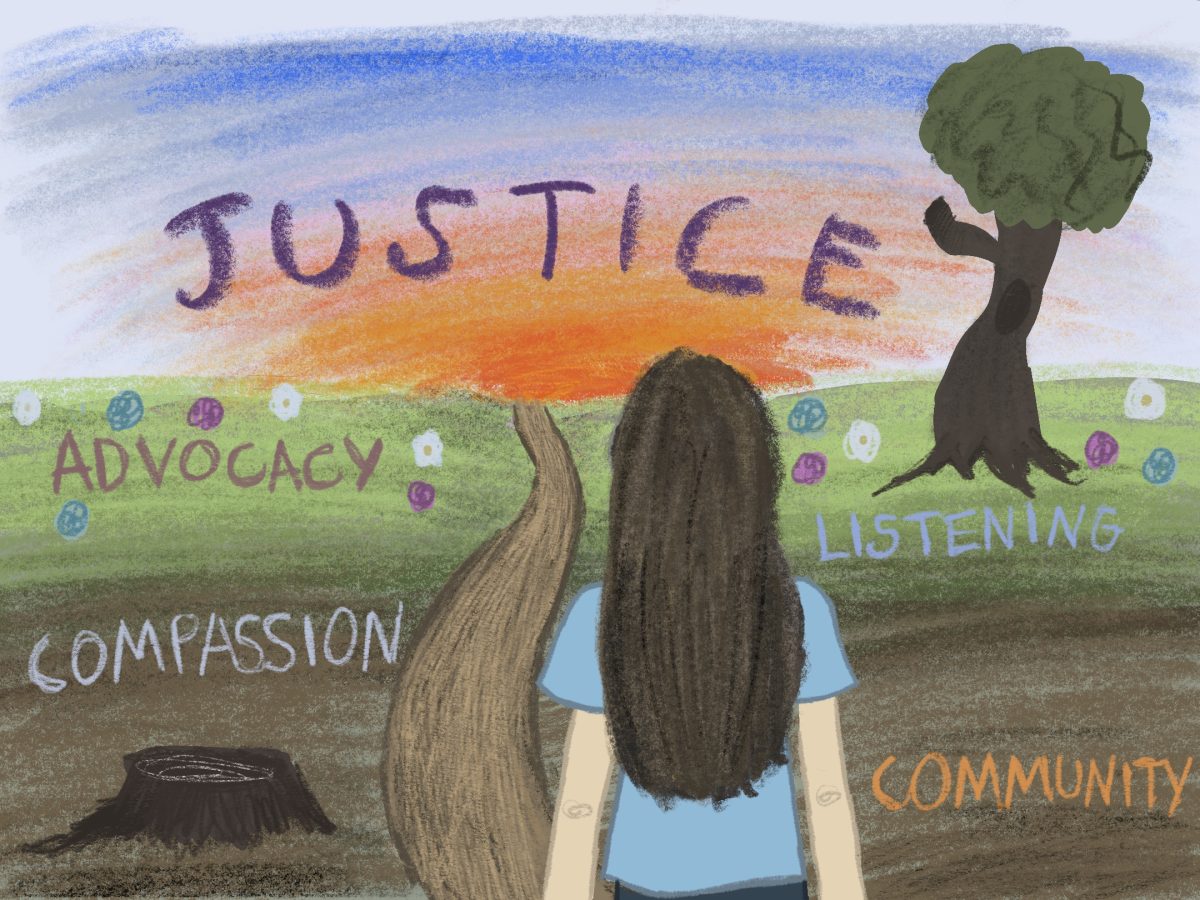Only 5% of recycled plastic is converted into new products, as estimated by environmental policy and advocacy group Beyond Plastics. Despite this percentage, the practice is often marketed as an amazing solution to countless environmental issues. While recycling is one solution for plastic waste, it may not be a good one.
The narrative that good citizens and conscious consumers recycle is a misleading standard perpetuated by the plastic industry, as demonstrated by the history of plastic recycling. The large-scale production and use of plastic became prevalent during and after WWII. In the 1970s, plastic recycling began as a potential solution to plastic waste, and investigative reporting by NPR and PBS Frontline found that plastic industry officials discovered at this time that recycling was not economically feasible.
Then, in the 1980s, various plastic bans were proposed in legislatures across the United States following rising public animosity towards plastic, according to NPR. As a result, the industry spent tens of millions of dollars promoting recycling as a “solution” to everyone’s worries. This recycling push worked, creating misconceptions about plastic recycling that still exist today.
There are multiple reasons that plastic recycling is not economically feasible. The process of recycling is difficult. Collecting and sorting recyclables efficiently is complicated, especially given the increasing complexity of plastic materials in use today. Because of this, recycling plastic is more expensive than simply throwing it in a landfill.
Furthermore, the global market for recycled plastic material is shrinking. In 2018, China announced that they would only buy recycled plastic scrap material that is 99.5% pure, greatly reducing how much the U.S. could export. Previously, exports made plastic recycling somewhat economically reasonable, but now this is not an option to get rid of leftover recycled plastic.
Plastic recycling is, in a way, deceiving people into believing that plastic consumption is not harmful as long as plastic is properly disposed of.
Not only is recycling plastic economically infeasible, it also negatively impacts living organisms and the environment. The recycling process creates harmful byproducts that pollute local ecosystems. Recycled plastic also has higher concentrations of toxic chemicals than first-use plastic, as warned about by campaign group Greenpeace. Even when done to reduce the amount of plastic in our environment, the process of recycling plastic causes significant problems.
Plastic recycling is, in a way, deceiving people into believing that plastic consumption is not harmful as long as plastic is properly disposed of. Take the classic “reduce-reuse-recycle” slogan for example. Its ideology is perfect, but most people skip right to the end, favoring recycling. However, this slogan has a specific order for a reason. The first step should be to focus on reducing consumption, then reusing what is consumed, and finally, as a last resort, recycling.
These misconceptions surrounding plastic recycling hurt the environment, but they also hurt humans. According to Harvard University, the use of plastic itself has harmful health impacts, making plastic consumption a lose-lose for the environment and the consumer. Conversely, it generates profit for the plastic industry, which analysts have predicted will triple plastic production by 2050.
While Furman generally does well with sustainability efforts, our campus is far from perfect. There are still many places where disposable plastic is used, such as the P-Den, bookstore, Library Cafe and athletic events, among others. Plastic cups, packaging, bags, etc. — plastic material is everywhere. Even the dining hall, which employs many sustainable practices, offers single-use plastic silverware.
In many ways, this usage of plastic makes sense. Plastic is often more convenient than alternatives. However, Furman should redirect its efforts away from recycling and toward lowering plastic consumption.
The Furman community needs to make progress towards lowering personal plastic use and being conscious of consumption. It needs to be an effort that students, faculty, and staff embrace so that more sustainable practices are implemented. Furman students can and should voice dissatisfaction with current plastic use. This advocacy can be done by speaking with campus stakeholders, including Bon Appetit who manages the dining hall and the PalaDen, and Furman facilities who oversee campus waste management. Students can also voice concerns at SGA meetings and advocate for reduced plastic consumption within one’s student organizations, like FUSAB. If students work together to send the message that plastic should be avoided, real change will occur.
It is not reasonable to say that plastic recycling should be stopped altogether. Rather, it is important to acknowledge that better solutions exist. Simultaneously, it is important to differentiate the harms of plastic recycling from the recycling of other materials like glass, metal and paper, which are all highly recyclable. Our community needs to understand the solutions to complicated environmental problems and be willing to be critical of them.
We must focus on reducing plastic consumption — not only for the environment, but for our own health. The best place to start is right here on Furman’s campus.


























